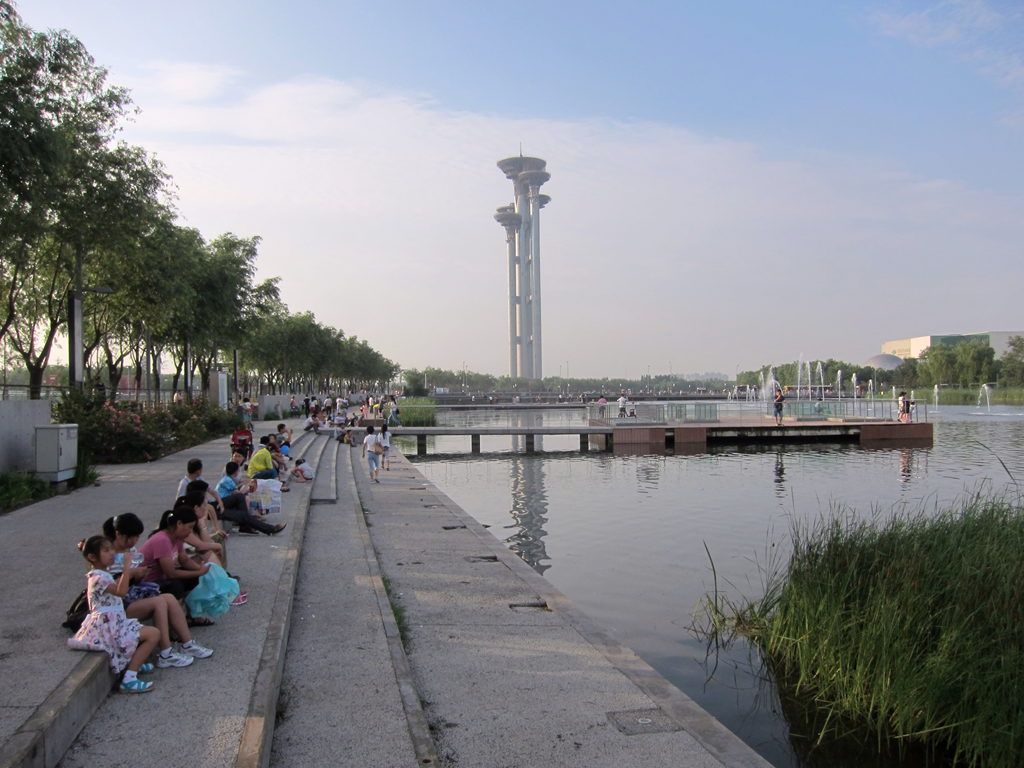Read in English
Las constituciones jugaron un papel importantísimo durante el s.XIX, cuando la mayoría nacieron, protegiendo las nuevas instituciones liberales de los retrocesos reaccionarios. Así, se aseguraban una serie de derechos para los ciudadanos que ni el rey ni el gobierno podían ignorar.
Hoy en día siguen cumpliendo el mismo papel, pero a lo largo del tiempo han sido poco a poco secuestradas por los sistemas políticos nacionales y fosilizadas haciendo muy difícil cualquier cambio, protegiéndolas no ya de retrocesos reaccionarios sino de cualquier cambio institucional que ponga en entredicho la estructura actual de los Estados. Ya no solo protegen a las instituciones del rey, sino de los propios ciudadanos.
Para proteger a las constituciones e instituciones del secuestro de la nueva aristocracia política, un buen comienzo sería reconocer el derecho de secesión en la constitución.
Cualquier gobierno tomaría las decisiones con mucho cuidado a sabiendas de que los ciudadanos pueden optar por desprenderse de él. Cualquier nueva constitución que apareciera por proceso de independencia debería incluir por supuesto el derecho de secesión.
Así, si alguien tuviera una idea de gobierno innovadora para ponerla en práctica solo tendría que declarar la independencia y atraer a gente que quisiera probar el nuevo modelo. Es decir, se transformaría la creación de nuevos gobiernos y estados en un proceso empresarial.
Esta podría ser la solución más efectiva al problema de que no hay centímetro de tierra que no esté reclamado por algún estado, dificultando la aparición de gobiernos innovadores.
En algunos países se está poniendo en práctica ideas similares permitiendo el autogobierno de algunas regiones, bien mediante cambios constitucionales o mediante legislación. Ejemplos hay en China, Corea, EAU, esperemos que pronto en Honduras, y en muchos otros sitios. Son siempre países en desarrollo probando nuevas ideas, conscientes de la obsolescencia de sus propias instituciones. Y está funcionando.
Pero hay otras formas de probar nuevas instituciones. En las últimas décadas ha habido varios intentos de crear espacios libres, y hay varias ideas en desarrollo que probablemente verán la luz en muy pocos años. Es un poco la historia reciente de las Ciudades Libres, pero lo dejo para la próxima vez que escriba.
- - - - - - - - - - - - -
Constitutions played a very important role during the XIX c., when most were born, protecting the new liberal institutions from reactionary rollbacks. This way, a series of rights for the citizens were ensured, that neither the king or the government could ignore.
Nowadays they still fulfill the same role, but through the time they've been hijacked by the national political systems and fossilized, making any change very difficult, protecting them not only from reactionary rollbacks but from any institutional change that questions the current structure of the States. They not only protect the institutions from the king, but from the citizens themselves.
To protect constitutions and institutions from the hijack of the new political aristocracy, a good start would be to recognize the right of secession in the constitution.
Any government would take decisions very carefully in the known that it's citizens can opt to get rid of it. Any new constitution appearing from an independence process should of course include the right of secession.
So, if someone had an innovative government idea, to put it to work he would only need to declare independence and attract people willing to try the new paradigm. That is, new government and States creation would be transformed into an entrepreneurial process.
This could be the most effective solution to the problem of no centimeter of land being unclaimed by any state, making it difficult for innovative governments to appear.
There are similar ideas rolling in some countries, allowing the self-governance of some regions, either through constitutional changes or through legislation. Samples are in China, Korea, UAE, hopefully soon in Honduras, and many others. It's always developing countries trying new ideas, conscious of the obsolescence of their own institutions. And it's working.
But there are other ways of trying new institutions. In the last decades there have been various attempts to create free spaces, and there are several ideas in development that will probably see light in the next few years. It's somewhat the recent history of Free Cities, but I'll leave that for the next time I write.


No hay comentarios:
Publicar un comentario